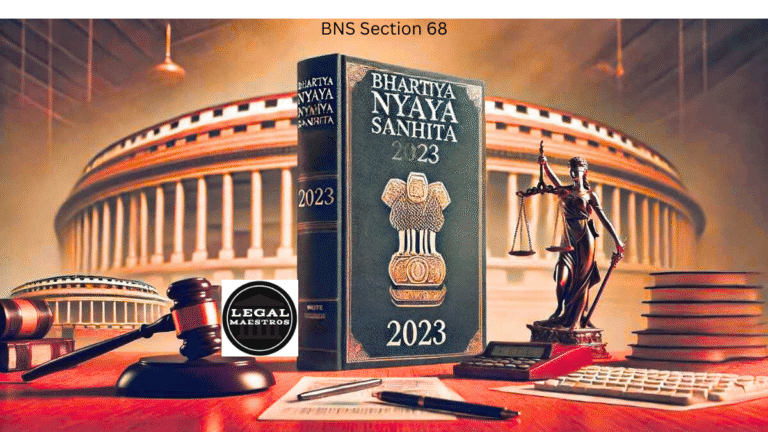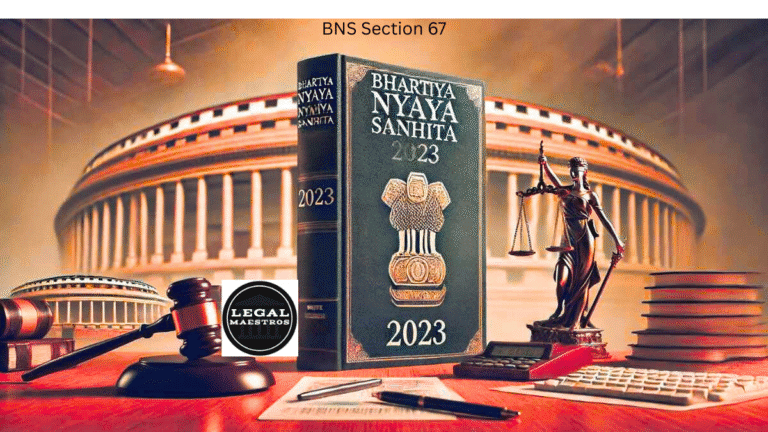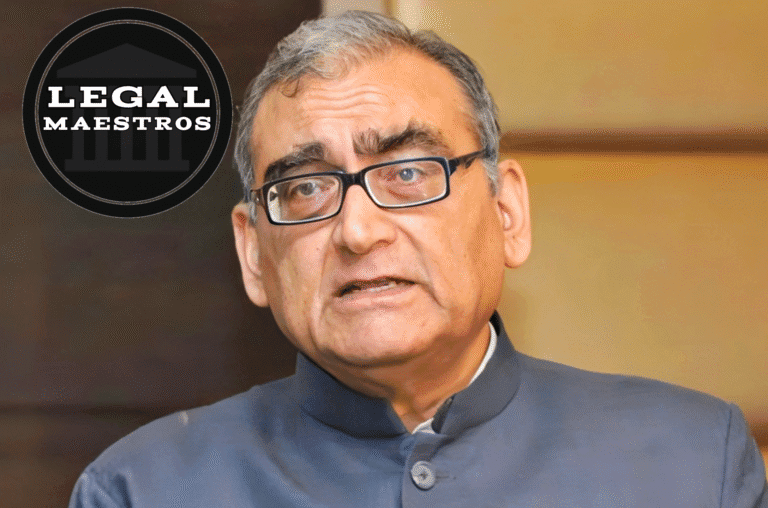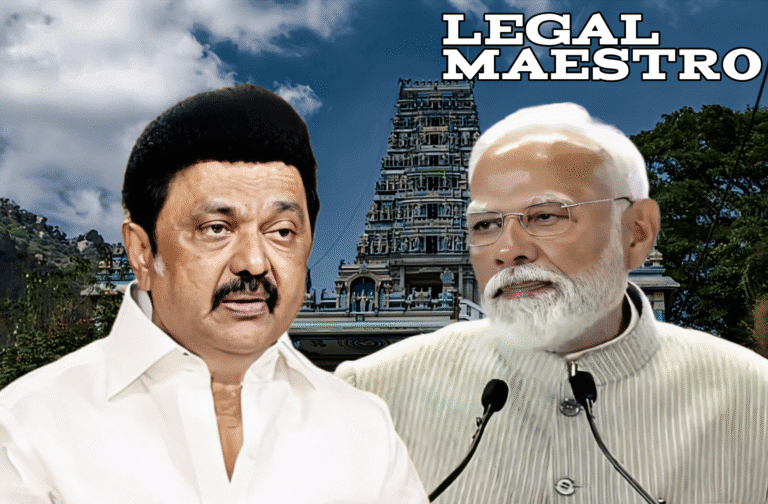
Understanding Section 32 of the Bharatiya Nyaya Sanhita, 2023: Acts Committed Under Threat of Instant Death
A number of provisions that are intended to bring India’s criminal code into the modern era are included in the Bharatiya Nyaya Sanhita (BNS) of 2023, which will later replace the Indian Penal Code. The circumstance in which persons conduct acts under the constraint of immediate danger to their life is addressed by Section 32, which is one of these provisions. Certain offenses that were done under such intense stress are exempt from the judicial system according to this provision.
The question is, what does Section 32 state?
In accordance with Section 32:
“With the exception of murder and offenses against the state that are punishable by death, nothing constitutes an offense that is committed by a person who is coerced to commit the act by threats that, at the time of undertaking the act, legitimately induce the apprehension that instant death will otherwise be the consequence:
Assuming that the individual who committed the conduct did not do so of his own volition or out of a realistic fear of injury to himself that would not result in instant death, he did not put himself in a situation that would cause him to be subject to such a restraint.
For any queries or to publish an article or post or advertisement on our platform, do call at +91 6377460764 or email us at contact@legalmaestros.com.
It is the responsibility of this provision to ensure that individuals who commit certain offenses while under the immediate fear of death are not held criminally accountable, provided that they did not willfully place themselves in such situations.
Examples to Illustrate the Point
The first example is for coercive assistance.
A group of thieves kidnap a blacksmith and threaten to kill him immediately if he does not use his tools to break into a house. If he does not use his tools, they will kill him immediately. Since the blacksmith is concerned about his own safety, he complies. Because the blacksmith behaved under the immediate fear of death and did not voluntarily place himself in that circumstance, Section 32 does not consider him to have committed an offense. This is because he did not voluntarily put himself in that scenario.
Exemplification number two: voluntary association with known criminals
The individual joins a group of robbers, despite being aware of their criminal character, either voluntarily or as a result of being threatened with physical violence. Later on, he is threatened with death by the gang, which forces him to commit a robbery against their will. Due to the fact that the individual in question willingly engaged with known criminals and put himself in a situation where such dangers were foreseeable, Section 32 does not provide protection for the individual in question within this scenario. The number 20
For any queries or to publish an article or post or advertisement on our platform, do call at +91 6377460764 or email us at contact@legalmaestros.com.
Important Things to Take Into Account
There is a nature of danger.
It is necessary for the threat to be of immediate death at the time that the conduct is being committed. An overarching fear of potential damage in the future or a danger of something that is less severe than death is typically insufficient.
Exclusions made
Neither murder nor actions against the state that are punished by death are eligible for this defense under any circumstances. Despite the fact that you may be threatened with death if you do not commit certain actions, you are not permitted to cite this as a legal justification.
Voluntary placement in a hazardous environment
If an individual voluntarily places themselves in a situation where they are likely to be subjected to such threats, then they are not eligible to seek protection under this section.
For any queries or to publish an article or post or advertisement on our platform, do call at +91 6377460764 or email us at contact@legalmaestros.com.
Section 32 of the Bharatiya Nyaya Sanhita recognizes the human instinct to protect oneself when confronted with great pressure. This ensures that justice takes into account the circumstances surrounding the compulsion that led to the commission of certain offenses by those who were coerced to commit those offenses under the immediate fear of death. This protection, on the other hand, is restricted and does not apply to the most serious crimes, such as murder or offenses against the state that are punished by death.








